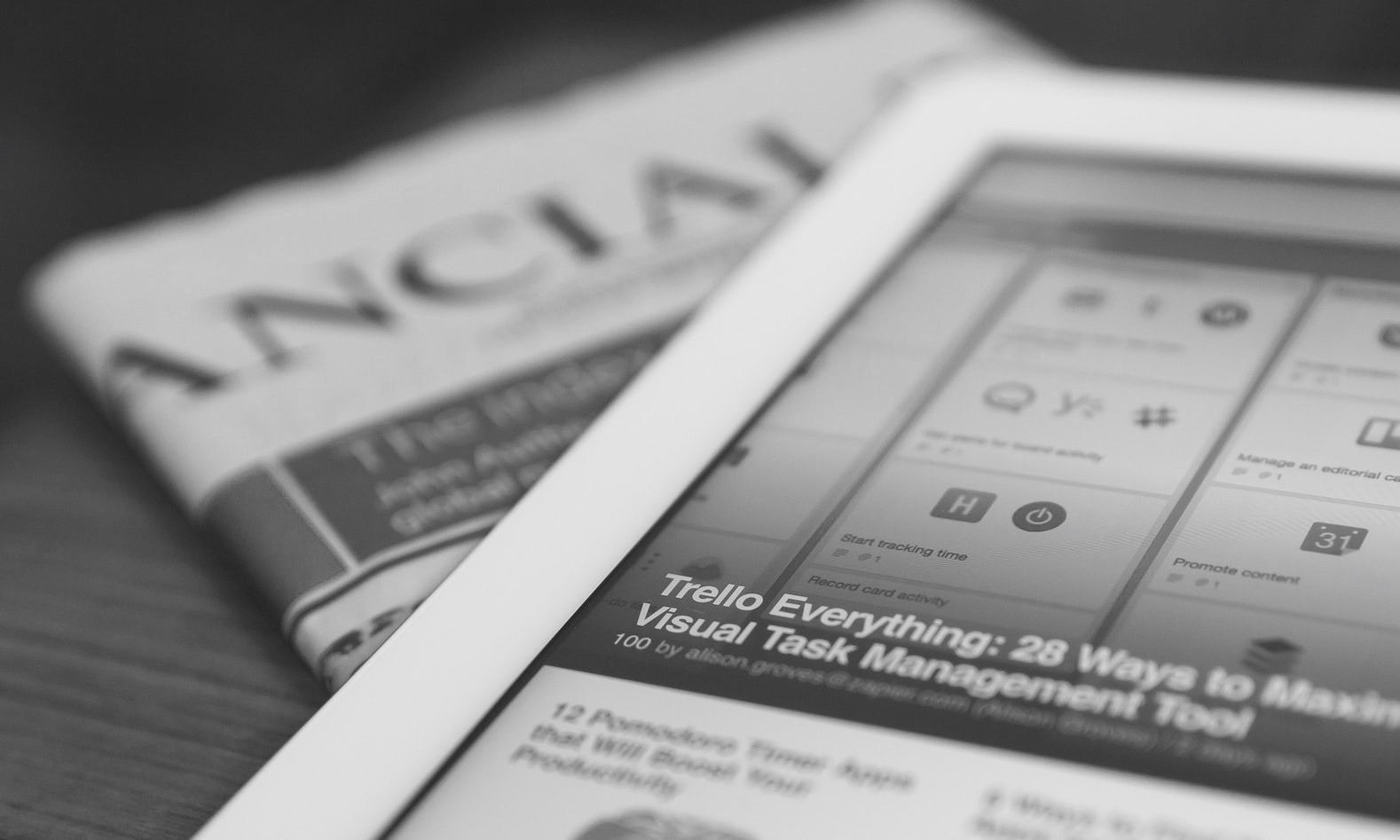A fight for open access
A dispute between the University of California (UC) and the publishing giant Elsevier echoes in academia. After months of negotiations, UC decided to terminate the agreement with the publisher as the latter was not willing to agree to UC’s terms. UC, where almost 10% of scientific articles in US are published, wanted to make those articles available to the public. Instead, Elsevier insisted on double payment for “open access” articles.
In May 2019, UC joined more than 135 educational institutions and organizations advocating open access, more financial transparency and less barriers in publishing scientific articles. Professor Steven Brenner from UC Berkeley said in an interview for The Daily Californian that the main purpose of the research at UC is to make the works available to the general public. He explained on the example of text and data mining that open access facilitates the process, whereas the traditional subscription model makes it almost impossible to mine.
Because of the termination of the contract with Elsevier, many researchers at UC are now unable to access important articles from their database. UC Berkeley Library helped and redirected them to alternative sources amongst which also open access articles. UC’s decision to terminate the contract might result in a change of perspective on scientific writing and publishing. The scientific community hopes this will encourage major changes in this area.
The Grand Board of the European Union Intellectual Property Office (EUIPO) finally ruled that the figurative sign ‘COVIDIOT’ cannot be registered as an EU trademark.
The 4th Open Knowledge Day took place on Tuesday 17 October 2023, with an accompanying workshop on 18 October 2023. This year it was organised by the Open Data and Intellectual Property Institute (ODIPI) and supported by Knowledge Rights 21 (KR21).
We invite you to the fourth Open Knowledge Day and the workshop, which will take place this year within the framework of the programme and with the support of Knowledge Rights 21. The event will bring together experts from different European countries to discuss two topics: the first part will deal with the legal basis for data analytics, which is a key part of machine learning and related artificial intelligence, and the general exception for research. In the second part, open science in theory and practice will be presented both in Slovenia and in some Western Balkan countries. Representatives of research and educational institutions from Slovenia and the Western Balkan countries, as well as interested members of the public, are invited to attend.
Dr. Maja Bogataj Jančič, a renowned expert in copyright law, has joined the Berkman Klein Center for Internet & Society at Harvard University, where she will serve as an affiliate researcher for the next two years.





